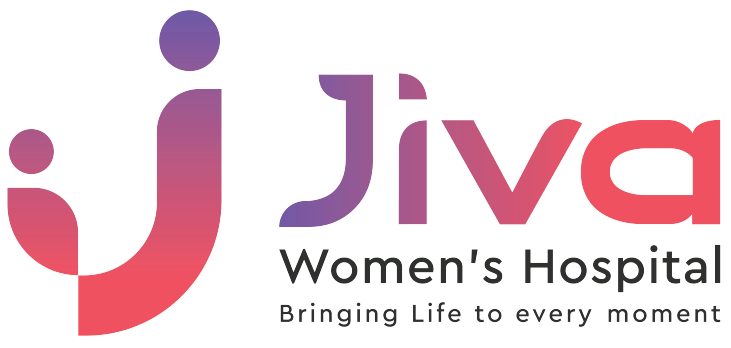Blogs

Why Back Pain Happens During Pregnancy
Pregnancy changes nearly every part of your body, and the spine is no exception. For many people, back pain begins in the second half of pregnancy and can range from mild aches to persistent pain that interferes with daily activities.
Common Causes of Back Pain
- Weight gain: The average weight gained during pregnancy is typically between 25 and 35 pounds, although it can vary significantly. This additional weight puts pressure on the spine, especially the lower back.
- Postural changes: As your uterus expands, your center of gravity shifts forward. Many unconsciously adjust their posture to maintain balance, leading to muscle strain.
- Hormonal effects: Pregnancy hormones, especially relaxin, cause ligaments in your pelvis and spine to loosen. While this prepares your body for birth, it also makes joints less stable and more prone to strain.
- Muscle separation: The growing uterus can cause the abdominal muscles (specifically the rectus abdominis) to separate, a condition known as diastasis recti. Weakened core muscles can lead to extra pressure on your back.
- Stress: Physical stress isn’t the only culprit. Emotional stress can cause muscle tension, especially in the back and shoulders.
What Types of Back Pain Are Common?
Not all pregnancy-related back pain feels the same. Understanding where and how it hurts can help you and your provider identify the cause.
Lower Back Pain (Lumbar Pain)
This is the most typical type of pregnancy-related back pain. It’s felt just above the waistline and often worsens with prolonged sitting, standing, or lifting. Lumbar pain tends to be deeper and more persistent.
Pelvic Girdle Pain (PGP)
PGP affects the back of the pelvis and may radiate to the thighs or hips. It often feels like a sharp, stabbing pain near the tailbone or on one side of the buttocks. Getting in and out of a car, walking upstairs, or turning in bed can worsen the discomfort.
Upper Back Pain
While less common, some people experience pain in the upper back or between the shoulder blades. This can be caused by poor posture or the strain of larger breasts during pregnancy.
When to Talk to Your Provider
Back pain is often manageable, but it’s important to know when it might be signaling something more serious.
Reach out to your provider if you experience:
- Sudden or severe back pain that doesn’t go away
- Pain accompanied by fever or burning during urination (could indicate a kidney infection)
- Numbness, tingling, or weakness in the legs
- Difficulty walking or a feeling of instability
- Back pain combined with vaginal bleeding or cramping
These symptoms may point to conditions that require immediate medical attention.
